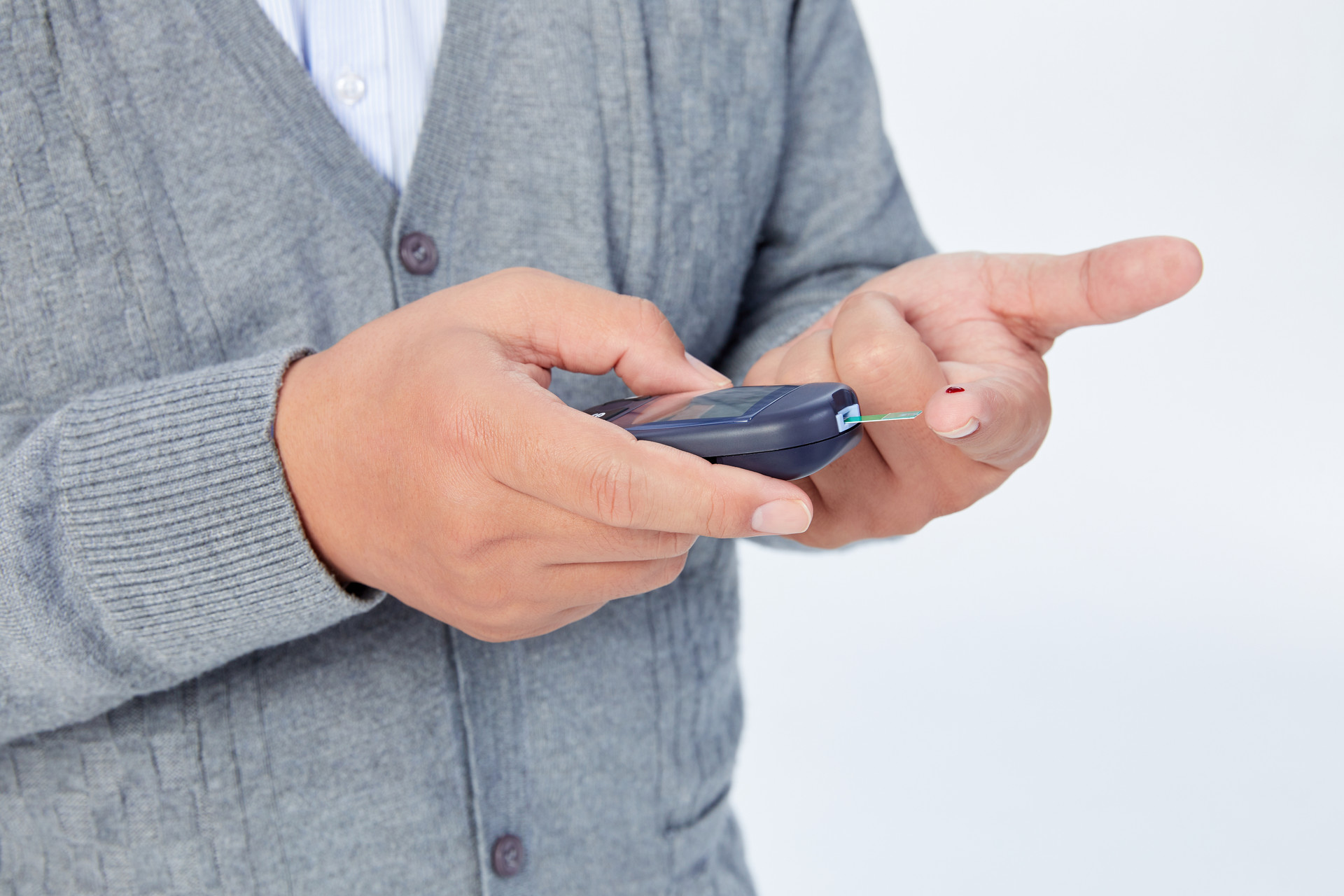Seaweed is a common seafood product that can be boiled in soup, braised, steamed, or stir-fried. Not only is it delicious, but it also has unexpected health benefits for men. Let's take a look at them together.
What are the benefits of men eating seaweed?
1. Lowering blood pressure
Seaweed contains a lot of taurine, which can help accelerate the dissolution of cholesterol in the body and reduce the amount of cholesterol, thereby lowering blood pressure. Therefore, eating seaweed can help men lower their blood pressure.
2. Diuretic
Eating seaweed can also have a diuretic effect, which is due to the white substance on the surface of the seaweed called mannitol. Mannitol can act as a diuretic. When men want to diurese, they can eat a moderate amount of seaweed.
3. Prevention of breast disease
Although breast disease is becoming a common disease among women, men can also develop breast diseases. Seaweed is a food rich in iodine, which can help reduce the levels of estrogen in the body and regulate the body's endocrine system. An excess of estrogen in the body can easily cause breast disease. Therefore, eating seaweed can help men prevent breast diseases.
4. Prevention of cardiovascular diseases
The main cause of cardiovascular diseases is the presence of excess cholesterol on the blood vessel walls. To prevent cardiovascular diseases, we need to remove these excess cholesterol. The unsaturated fatty acids in seaweed can help with this. Therefore, eating seaweed can prevent cardiovascular diseases.
5. Prevention of thyroid enlargement
When our body lacks iodine, it is prone to thyroid enlargement. Therefore, we have always paid attention to iodine supplementation, which is why iodized salt exists. However, eating seaweed can also be very helpful in preventing this condition because seaweed contains a lot of iodine, which can replenish the iodine that our bodies lack.
【Taboos for eating seaweed】
1. Do not eat seaweed as a staple food
Seaweed should not be consumed as a staple food for a long time, as it can lead to excessive iodine intake and have an impact on health. Moreover, seaweed contains a certain amount of arsenic, and excessive intake of arsenic can cause poisoning. Therefore, before eating seaweed, it should be rinsed with water to dissolve the arsenic in water.
2. Do not soak seaweed for a long time
Do not soak seaweed for a long time before eating, as the soaking time can dissolve the nutrients in seaweed, such as water-soluble vitamins and inorganic salts, which will reduce their nutritional value. If the seaweed becomes soft and loses its elasticity after soaking in water, it has spoiled and should not be consumed. According to traditional Chinese medicine, seaweed is cold in nature and should be avoided by people with weak spleen and stomach.
3. Do not drink tea or eat fruits immediately after eating seaweed
Do not drink tea immediately after eating seaweed, and do not eat sour or astringent fruits right away, as seaweed is rich in iron, and both tea and these fruits can hinder the absorption of iron in the body.
Food that should not be consumed with seaweed
1. Licorice
Seaweed should not be eaten with licorice. Seaweed is a salty, cold, slippery food and contains rich iodine, which can react adversely with certain components of licorice. Licorice is used to invigorate the qi and invigorate the spleen, so it is better to pair it with warm-toned foods. Therefore, when taking licorice, eating seaweed should be avoided.
2. Pig blood
Seaweed is not compatible with pig blood. Eating them together is not conducive to digestion and absorption and can cause constipation.
3. Persimmons
Seaweed is not compatible with persimmons. Eating them together can form insoluble compounds, which may cause gastrointestinal discomfort. Seaweed is rich in calcium ions, and when consumed with persimmons, which are high in tannic acid, the calcium ions in seaweed can combine with the tannic acid in persimmons to form insoluble compounds, which can affect the digestion and absorption of certain nutrients and cause gastrointestinal discomfort. Therefore, seaweed should not be eaten with persimmons.










